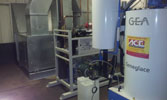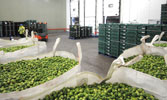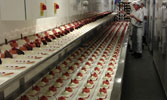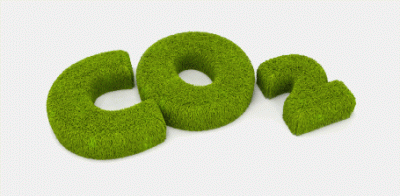By using a natural refrigerants within a cooling system, this can play a significant part in reducing a building’s energy costs and enhancing its environmental profile as well as increasing operational and lifetime efficiency.
Ironically CO2, which is the most common greenhouse gas and much vilified in the media as the main cause of global warming, is in fact regarded as an environmentally benign refrigerant. As the Global Warming Potential values for HFC refrigerants are several thousand times higher than for CO2, leakage of CO2 gas from a refrigeration system is consequently several thousand times less damaging to the environment than the release of any HFC gas.
This fact alone, along with the low cost and excellent thermodynamic properties of CO2 is driving its renaissance throughout the industry.
Ace Refrigeration promotes the use of CO2 as a natural refrigerant and offers this as a long-term sustainable option to existing clients and potential customers.
This is particularly of interest for food processing businesses as most of their own customers, mainly supermarkets, are also heading down the CO2 route.
Here it’s the natural refrigerant of choice due to its highly efficient performance as well as the practical nature of its use when compared to hydrocarbons or ammonia.
It’s also suitable for use within many differing applications, from low temperature cooling systems through to high temperature heating packages with a high level of efficiency available across the operating temperature range.
CO2 is a practical and very well proven option when considering refrigerant choice and is particularly well suited to applications that call for high levels of efficiency.
When comparing system efficiency it is normal for a CO2 system to provide an efficiency level that can be higher than the standard coefficient of performance (COP) expected from a HFC refrigerant.
Here at ACE Refrigeration we have worldwide sourcing ability and are always looking to the future to offer our customers the best solutions to meet their needs.








































 Go Back
Go Back




